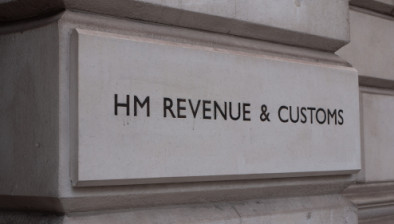Azets responds to growing concerns from business owners and farmers affected by IHT changes

Graeme Cran
Azets Aberdeen has advised business owners and farmers on how to navigate “unfair” inheritance tax (IHT) changes announced in the Autumn Budget.
From April 2026, proposed restrictions to both Business Property Relief (BPR) and Agricultural Property Relief (APR) will come into effect, while from 2027, pension funds will also fall under the IHT net.
Graeme Cran, Associate Director, Private Client, said: “Roy Jenkins, who served as Chancellor for Harold Wilson from 1967 to 1970, famously remarked, ‘Inheritance Tax is a voluntary levy paid by those who distrust their heirs more than they dislike the Inland Revenue.’
“At its simplest, Jenkins’ observation is accurate – by gifting assets during your lifetime and utilising available tax reliefs, it is possible to avoid Inheritance Tax (IHT) entirely. However, the reality for business owners and farmers is now starkly different following the recent changes announced by Rachel Reeves in last month’s Budget – they are being unfairly punished.
“These measures will undoubtedly reshape estate planning for business owners and farmers alike. Proactive and effective tax planning remains key to minimising IHT liability, but for many, the notion of IHT as a ‘voluntary levy’ no longer holds true.”
A Changing Landscape for Pensions and Businesses
The UK’s tax system has long incentivised contributions to pensions. For years, individuals have benefited from tax-free income and growth within their pension funds, often leading to funds exceeding personal financial needs. Previously, pensions were sheltered from IHT, encouraging individuals to use other assets first.
Mr Cran continued: “With pensions now set to face IHT, the situation becomes far more complex. Unlike other assets, pensions cannot be gifted, and any withdrawals are subject to income tax. For many, this creates a catch-22: how can they preserve the wealth accumulated in their pensions while mitigating tax exposure?
“Similarly, farmers and shareholders have historically been advised to retain their businesses until death to pass them on free of IHT and capital gains tax. With the proposed changes to APR and BPR from April 2026, this strategy may no longer apply. For elderly individuals, pivoting late in life to gift assets – with the requirement to survive seven years – poses significant and unforeseen risks.
“The sweeping changes to IHT rules have caused considerable frustration, particularly among those who have meticulously planned their estates in accordance with longstanding legislation. For some, the new rules present no-win scenarios – and those with large pension funds are likely to be among the hardest hit.”
Planning for the Future
Mr Cran added: “While early and proactive planning remains the best way to manage IHT exposure, the options for some may now be more limited. As a result, difficult decisions must be made swiftly to mitigate the impact of these changes.
“For many, Jenkins’ words may no longer ring true: Inheritance Tax is becoming less “voluntary” for those blindsided by recent legislative shifts.”










